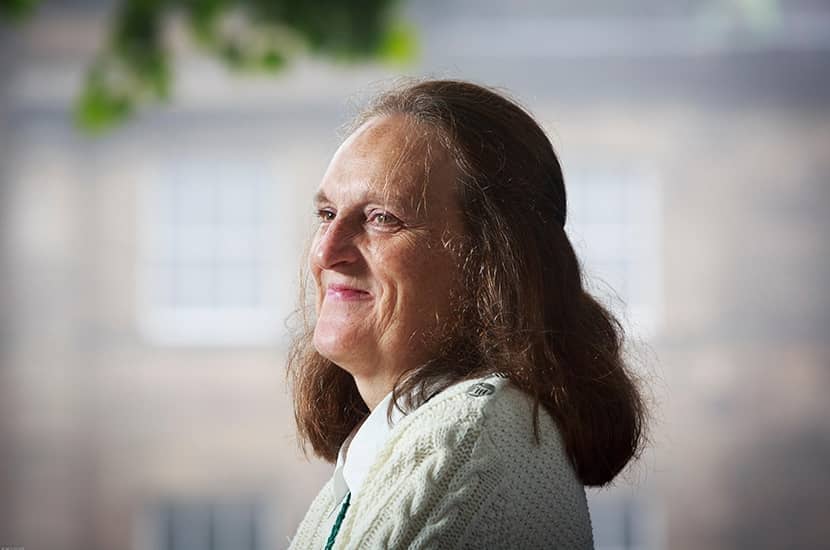Tessa Hadley is the queen of the portentous evening, the pregnant light and the carefully composed life unwittingly waiting to be unravelled. Free Love, like its predecessor Late in the Day, begins on one such evening. The year is 1967 and Phyllis, a suburban housewife, is applying her make-up. She and her husband, a ‘respected Arabist’, are expecting the son of a family friend for dinner.
Nicholas arrives, and broods angrily over his resentment of the staid old guard his hosts represent while plotting half-heartedly to seduce Phyllis as vengeance. Hadley is wonderfully wry at undermining the novel’s own urge towards solemnity:
He wondered, if he pulled at that ribbon on Phyllis’s dress, what would come undone? When she stood up to fetch a bowl of salad from the sideboard, he saw that the ribbon was purely decorative, the dress undid in fact at the back with a zip.
When Phyllis wilfully initiates an affair, she thinks:
If he won’t have me then I’ll die. Although she also knew that she wouldn’t really die, she’d go home and put macaroni cheese in the oven. And that would be worse.
Nicholas is self-absorbed and enigmatic, living in chaos in London and musing appreciatively as their relationship develops. ‘She supported his work. While he was at his desk she slept, or kept quiet, or turned over the pages in a book — though without taking anything much in, he thought.’ Phyllis has something of Mad Men’s Betty Draper’s perpetual childishness:
She knew that her betrayal of her husband and children was wrong, but in the same impersonal dulled way that she knew from school about the Treaty of Versailles or the abolition of the Corn Laws.
She recalls, too, Ann Patchett’s Beverley in Commonwealth, another housewife who walks out on her life at the tipping point of the 1960s.
Phyllis moves to Ladbroke Grove, where the grand blocks of the 1920s are being demolished to make way for the new Westway. This risks being a hamfisted metaphor, but Hadley manages it with great panache — although the area’s Caribbean characters do serve at times as awkward props for Phyllis’s (and, later, her daughter’s) self-discovery. Nicholas’s generation is in the business of flinging everything in the face of its fathers’, as represented by the tragic figure of Phyllis’s husband, drawn with beautiful compassion: ‘Their contempt trapped him in his middle age, trampling his experience underfoot like so much junk.’
There are times when the prose falters into cliché: ‘Nicky’s past seemed magical to her, like something out of a story book… She ached when they parted as if a portion of her own body was torn away’; the dad joke-esque authorial wink of ‘like a lover in a book’. But ultimately this is a gorgeously magnanimous novel, which reprises Hadley’s favoured themes of middle age, and how — and when, and if — to change one’s life.






Comments